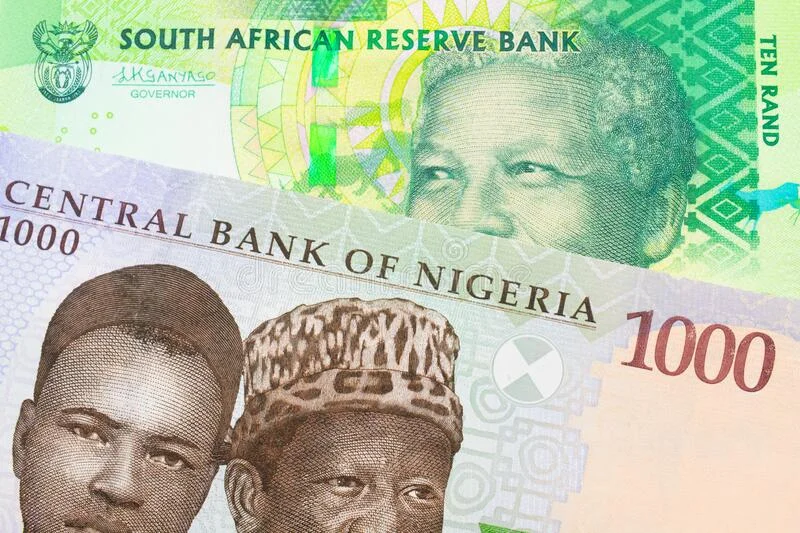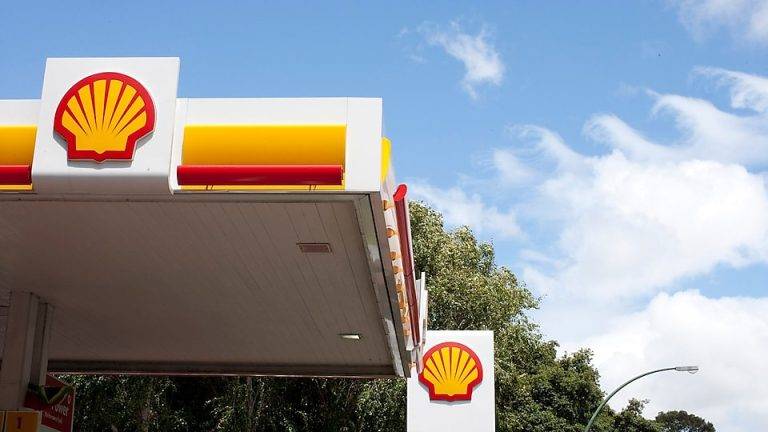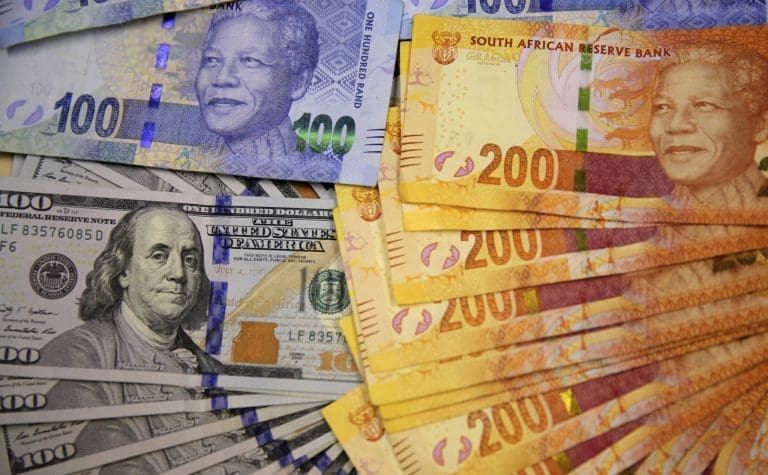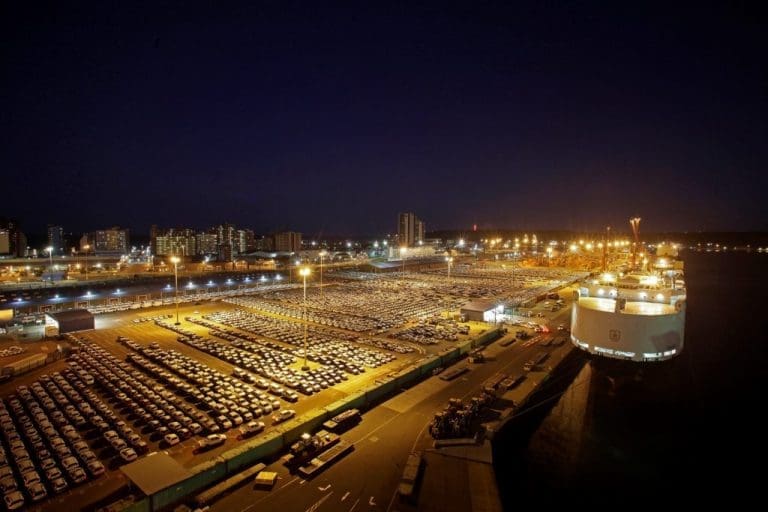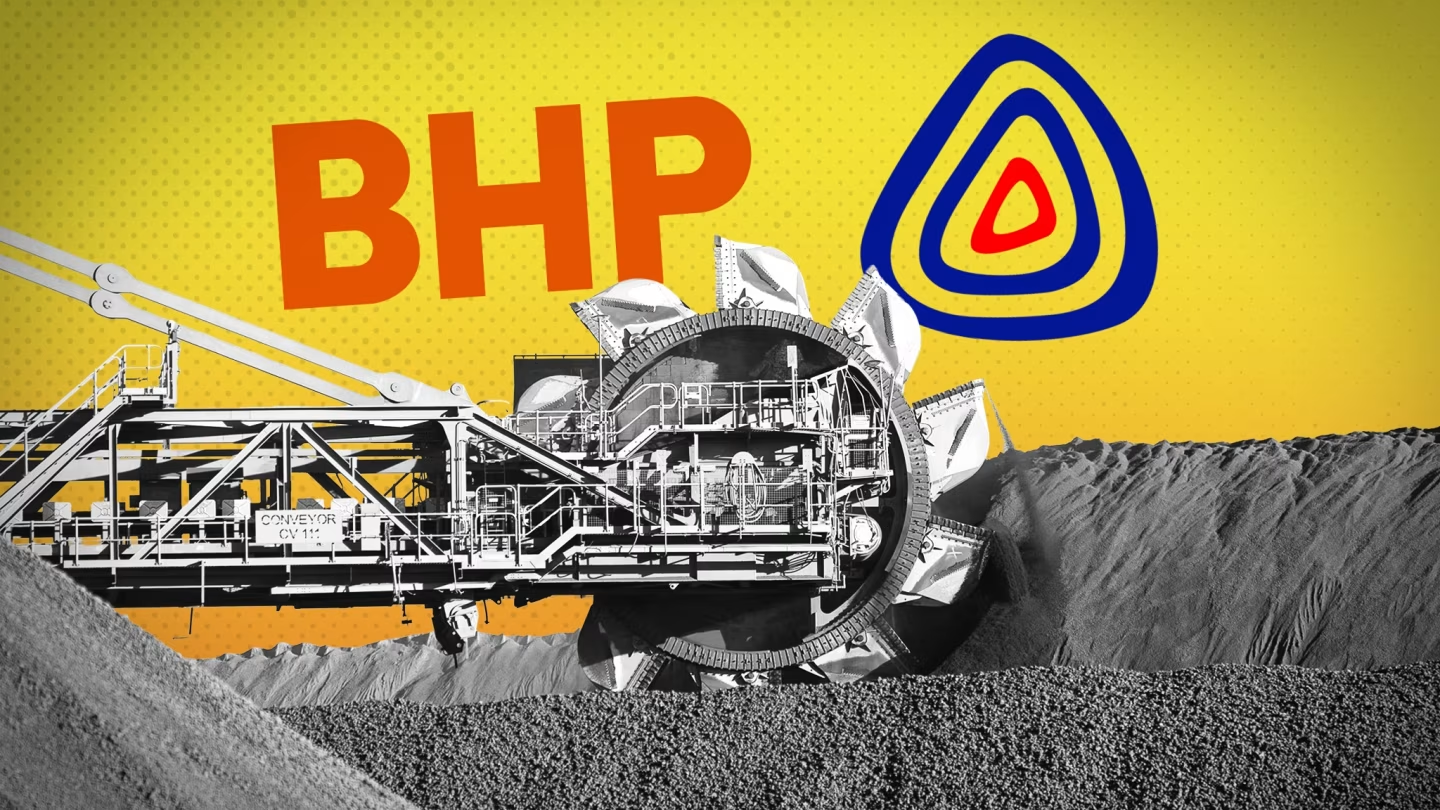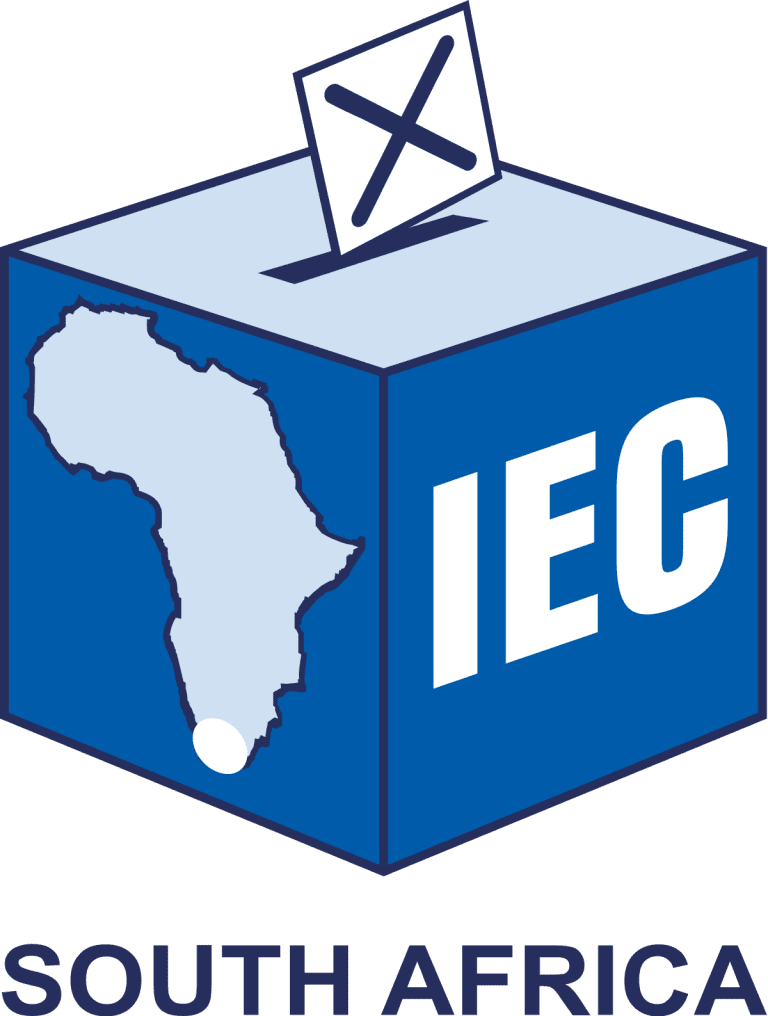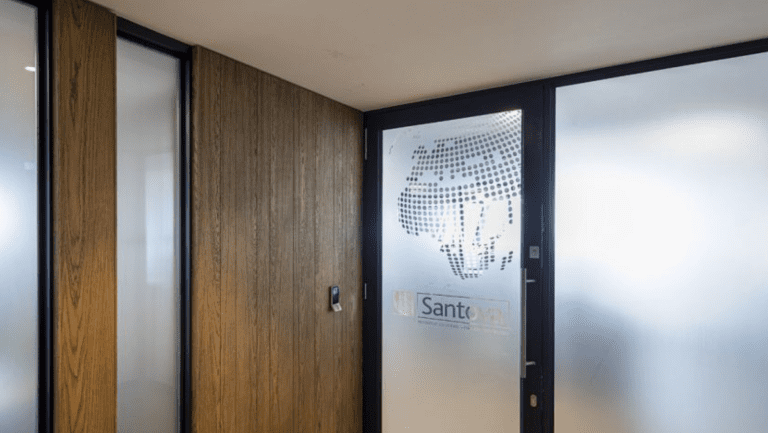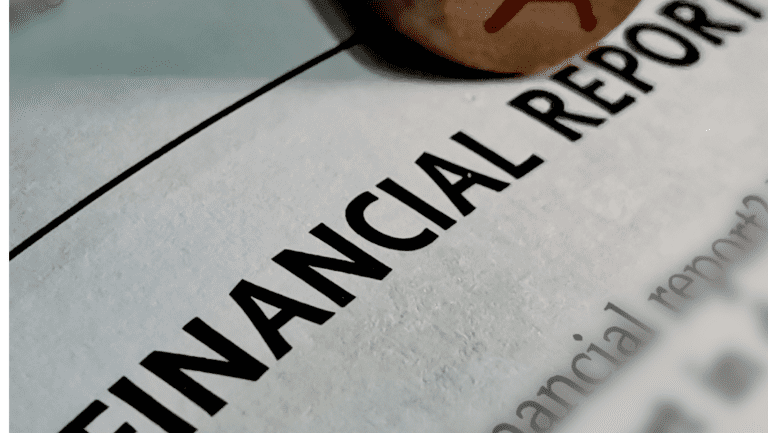In a significant economic shift forecasted by the International Monetary Fund (IMF), South Africa is poised to reclaim its position as Africa’s biggest economy, surpassing Nigeria, which held the title in 2022. The IMF’s World Economic Outlook reveals a reshuffling of economic standings, with Nigeria slipping to fourth place and Egypt relinquishing its top spot to South Africa.
According to IMF estimates, Nigeria’s gross domestic product (GDP) for the current year stands at $253 billion, trailing behind Algeria at $267 billion, Egypt at $348 billion, and South Africa at $373 billion. This reversal in economic hierarchy signals a transformative period for the African continent’s economic landscape.
The Nigerian economy, under the leadership of President Bola Tinubu since May 2023, has embarked on significant policy reforms aimed at addressing longstanding economic challenges. These reforms include allowing the currency to float more freely, abolishing energy and gasoline subsidies, and implementing measures to alleviate dollar shortages. Despite these efforts, the Nigerian naira remains weakened, experiencing a 50% depreciation against the US dollar since Tinubu’s assumption of office, exacerbated by two currency devaluations.
Similarly, Egypt, grappling with high inflation and currency devaluation, has pursued a path of economic liberalization by allowing its currency to float. This decision led to a substantial depreciation of the Egyptian pound by nearly 40% against the US dollar, aimed at attracting foreign investment. The IMF’s response to Egypt’s economic reforms was favorable, as it tripled the size of a loan program to $8 billion, facilitating additional financial support from the European Union and the World Bank amounting to approximately $14 billion.
Contrastingly, South Africa’s economic resilience is underscored by its long-standing practice of setting the value of the rand through market mechanisms. While the rand has experienced a modest depreciation of approximately 4% against the US dollar this year, South Africa’s economy is poised to benefit from energy supply improvements and plans to address logistical bottlenecks, further bolstering its economic prospects.
Meanwhile, Algeria, as an OPEC+ member, has capitalized on soaring oil and gas prices driven initially by Russia’s invasion of Ukraine and subsequently by escalating tensions in the Middle East. Algeria’s strategic role in easing Europe’s gas shortages following disruptions in Russian supplies has positioned the country favorably amidst global energy dynamics.
The impending shift in Africa’s economic hierarchy underscores the dynamic nature of the continent’s economic landscape and the importance of proactive policy measures in navigating economic challenges. While Nigeria and Egypt grapple with currency devaluation and inflationary pressures, South Africa’s steadfast economic policies and strategic reforms position it as a frontrunner in Africa’s economic resurgence.
As South Africa prepares to reclaim its status as Africa’s largest economy, the continent awaits a new era of economic leadership and dynamism, underpinned by resilient policy frameworks and strategic investments.
Disclaimer: This article is based on the provided press release and subsequent analysis, and does not reflect the views or opinions of Rateweb.


